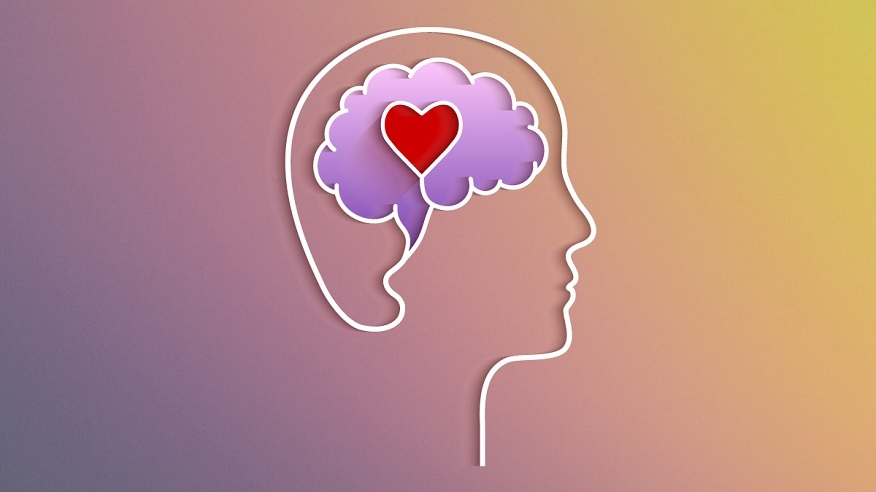Imagine finding yourself at the intersection of mental health and law, a place where the complexities of the human mind meet the rigid structures of our legal system. That’s where you’d find Dr. Bryon K Evans, a professional navigating this often-misunderstood field known as forensic psychiatry. Let’s delve into this intriguing world, sharing stories from history, hypothetical examples, and the facts you need to understand this fascinating subject. This is a realm where mental health and justice merge, shaping outcomes and often, the futures of those involved. Now, let’s begin our journey into the world of forensic psychiatry.
The Meeting Point of Two Worlds
Forensic psychiatry, in its simplest terms, is the blend of mental health and law. It’s a place where the emotional meets the factual. Picture a psychiatrist sitting in a courtroom, navigating through the layers of a criminal mind, attempting to uncover the truth. It’s not just about diagnosis; it’s about understanding motives, predicting behaviors, and aiding justice.
In the Courtroom
Consider a hypothetical situation: a courtroom buzzing with anticipation. A man is on trial for a crime, but there’s a twist. This man claims he was not in control of his actions due to a mental health condition. Enter the forensic psychiatrist. Their role? To delve into the mind of the accused, to determine if there’s truth in his claim. Their findings may well tip the scales of justice.
A Historical Perspective
Let’s take a step back in time. The use of forensic psychiatry in law can be traced back to the 19th century. One of the most famous cases involved a man named Daniel M’Naghten. In 1843, M’Naghten attempted to assassinate the British Prime Minister, believing he was being persecuted. He was found not guilty by reason of insanity, leading to the creation of the M’Naghten Rule, a test for criminal insanity.
What Does It Take?
A forensic psychiatrist isn’t just a doctor. They’re a detective of the mind. They need empathy and understanding to connect with their patients. They need analytical skills to dissect complex legal scenarios. They need patience and tenacity to explore the deepest recesses of the human mind.
Why Does It Matter?
Forensic psychiatry is not an abstract concept; it’s a critical part of our justice system. It helps ensure fair treatment for people with mental health issues. It helps courts make informed decisions. Its impacts are far-reaching, shaping lives and influencing law across the globe.
In Conclusion
The world of forensic psychiatry is complex and often misunderstood. It’s a thrilling dance between two disciplines, mental health and law, led by professionals like Dr. Bryon K Evans. It’s a dance that requires empathy, skill, and commitment. It’s a dance that helps bring justice, understanding, and compassion to the courtroom. So, as we end our journey, let’s remember the importance of this unique blend in shaping our society.





